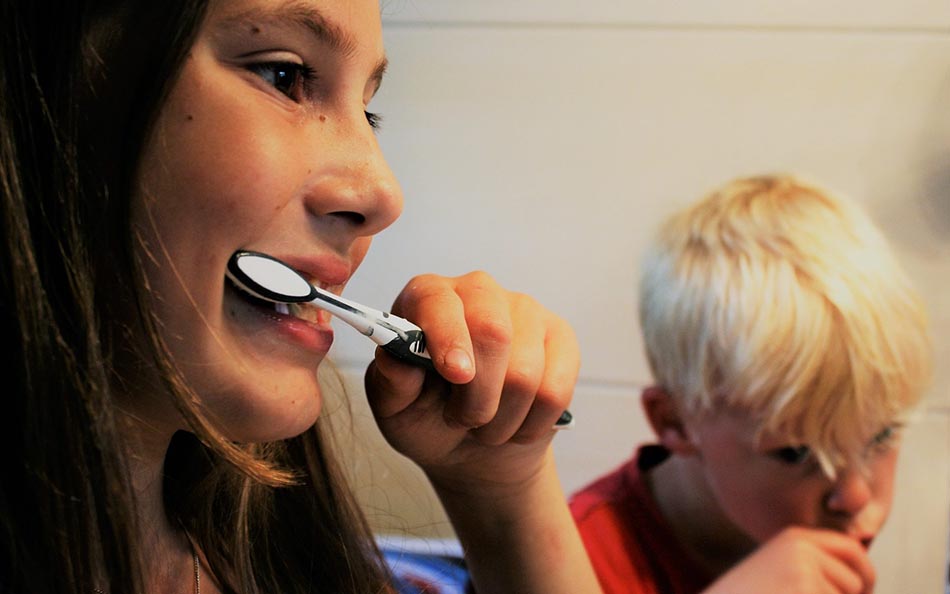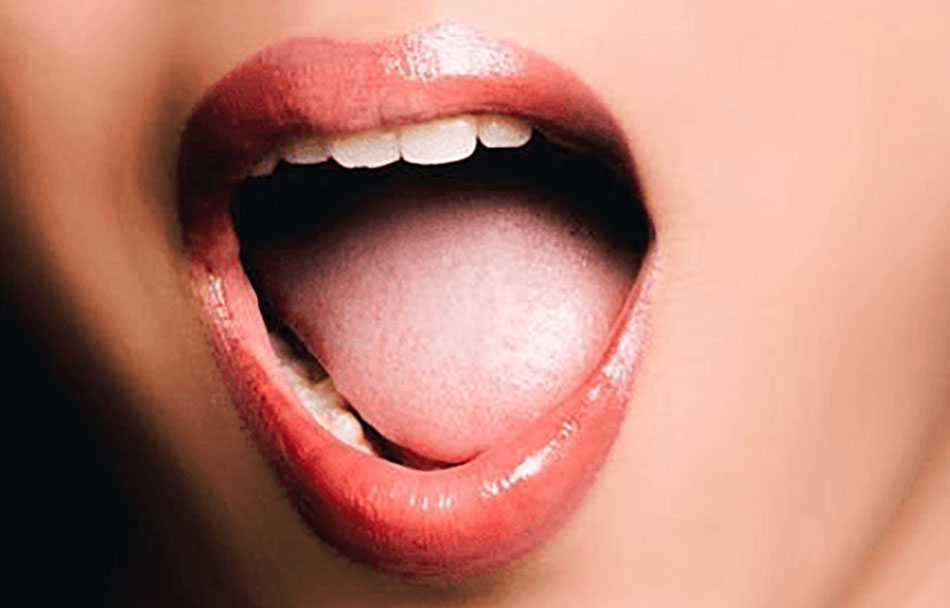Don’t Want Cavities? Know What Causes Them

Even though it can sometimes feel like cavities can’t be avoided, there are ways you can keep from having to deal with the pain and frustration it causes. Understanding what a cavity is and how it can be prevented can help you improve your dental hygiene and keep those pesky holes away. Cavity Anatomy A […]
You Need to Clean Your Tongue

The breakdown of food debris by bacteria inside your mouth is the major cause of bad breath. Proper brushing techniques that also include giving your tongue a good scrub will go a long way in taming halitosis, or bad breath. Bacteria Tongue Coating The tongue provides the greatest surface area for microbial growth in the […]
What to do About Canker Sores

Canker sores are small-sized ulcers which can form in the mouth, or on the cheeks, lips, tongue, gums, and on the roof of your mouth. They can be caused by a number of different things, and are not contagious, but should be taken seriously if they last a particularly long time or recur frequently. Dr. […]
Nutrition: What You Eat Affects Your Oral Health
You’re most likely aware that poor nutrition can lead to health problems, but did you know that initial warning signs for declining health often affect your mouth first? Since the nutrients or additives within food come in contact with teeth and gums first, daily menu choices have an essential impact on oral and overall health. […]


